This overview covers core aspects of the psychiatric-mental health nurse practitioner role, including human participant protection, quality improvement through models like PDSA and Donabedian, just culture for safety, and integrated healthcare delivery. It highlights patient-centered care models, health care homes, conflict of interest policies, client rights, and the health policy development process, emphasizing coordinated, equitable, and effective care in complex systems.
In today’s episode, we dive deep into the professional role of Psychiatric Mental Health Nurse Practitioners (PMHNPs) and how they shape the future of mental health care. We’ll break down quality improvement in psychiatric nursing, the importance of building a Just Culture of safety, and how health delivery systems are evolving to meet the needs of complex populations.
We’ll explore the Patient-Centered Care Model, emphasizing cultural competence, client empowerment, and integrated care—all essential for advancing behavioral health outcomes. You’ll also learn about HEDIS behavioral health measures, the role of healthcare homes, and why policy development and awareness of conflict of interest are critical for PMHNP practice.
By the end, you’ll have a clear understanding of how PMHNPs lead in advocacy, evidence-based practice, and interdisciplinary collaboration to ensure care is safe, effective, client-centered, timely, efficient, and equitable.
💡 Keywords for this episode: Psychiatric Mental Health Nurse Practitioner, PMHNP roles, quality improvement in mental health, Just Culture of safety, patient-centered care, behavioral health measures, cultural competence, health policy, integrated care, mental health nursing.
📢 Call to Action: If you’re a PMHNP, nursing student, or mental health advocate, hit subscribe, share this episode with your network, and join the conversation. Together, we can push for better systems, stronger policies, and healthier communities.
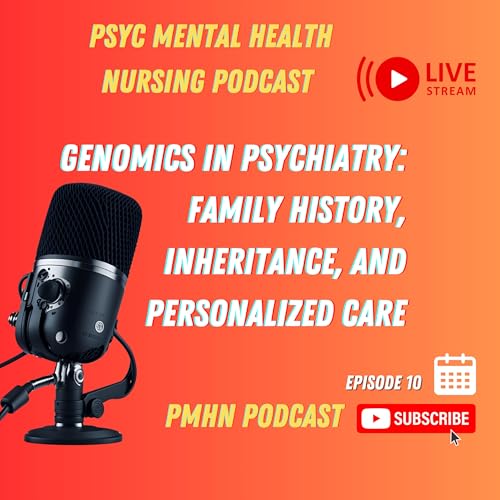 11 mins
11 mins 9 mins
9 mins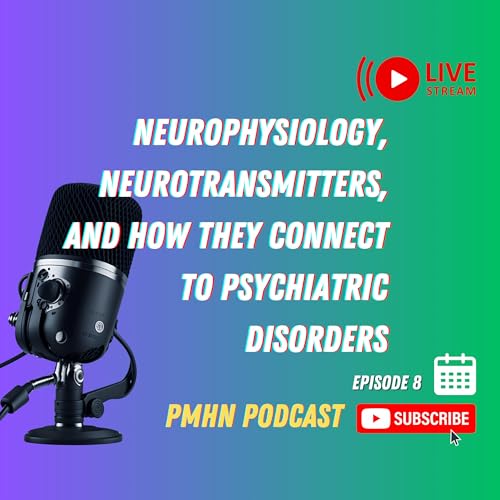 10 mins
10 mins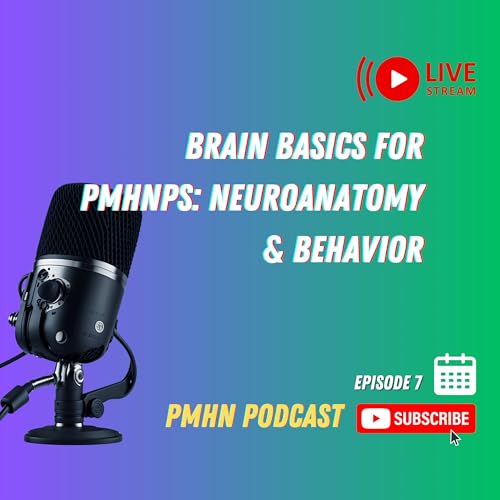 Aug 27 202510 mins
Aug 27 202510 mins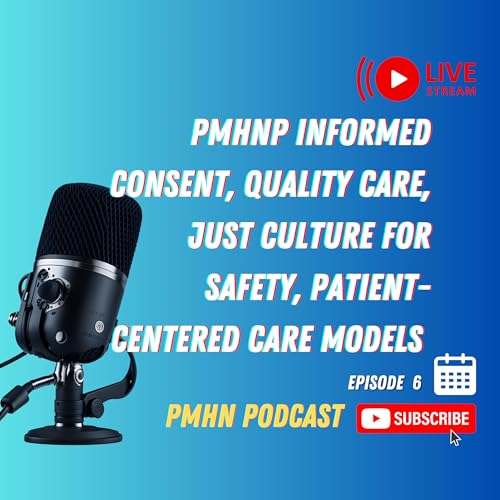 9 mins
9 mins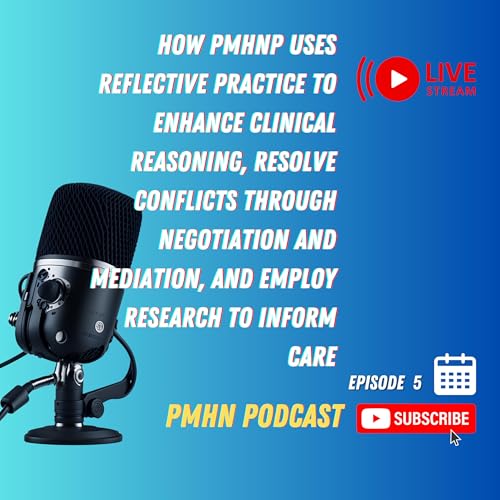 10 mins
10 mins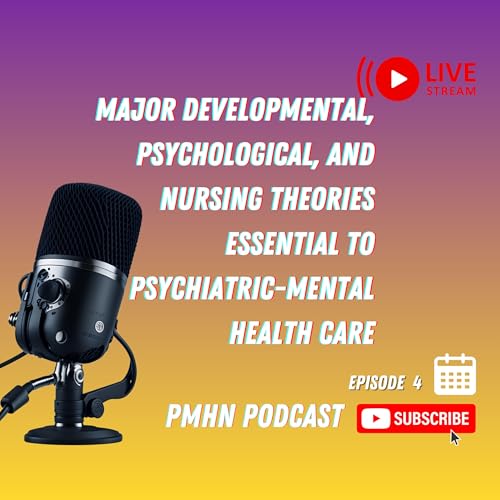
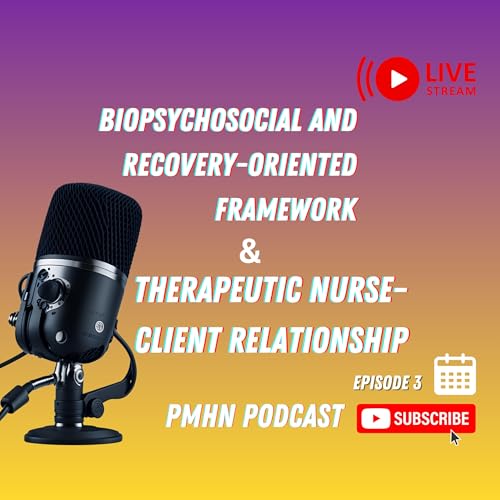 10 mins
10 mins
